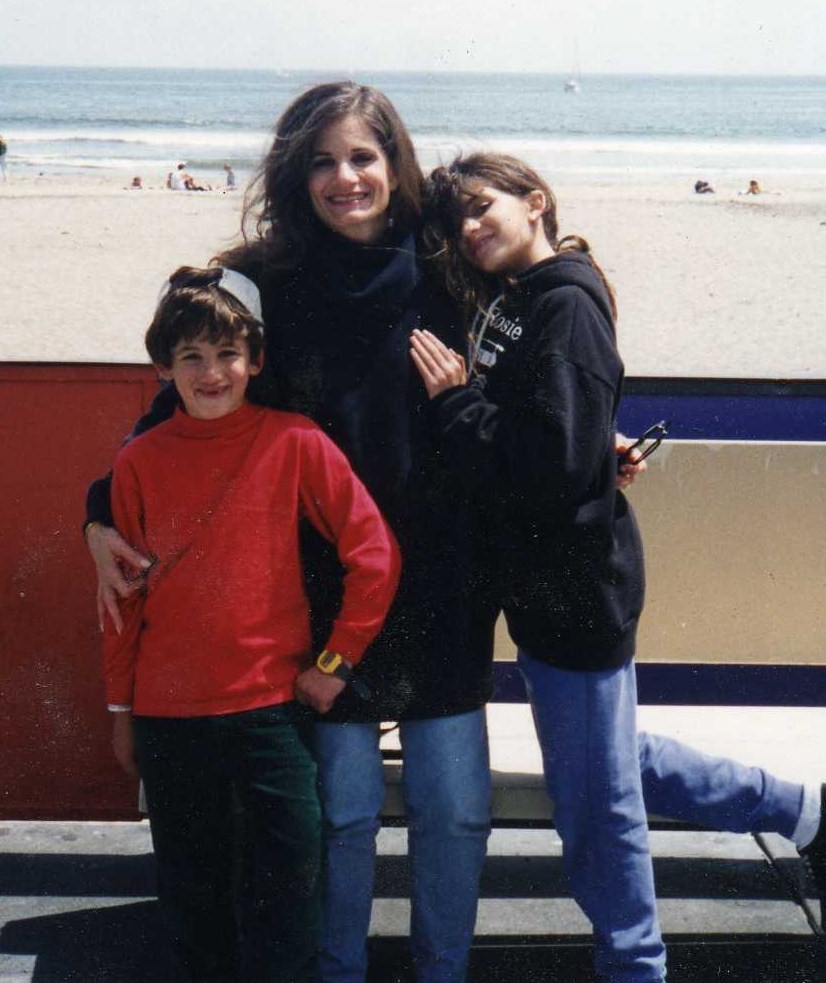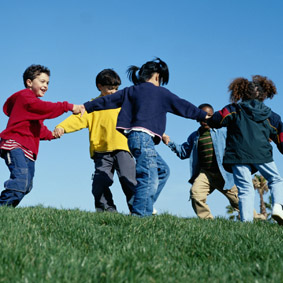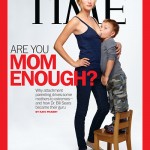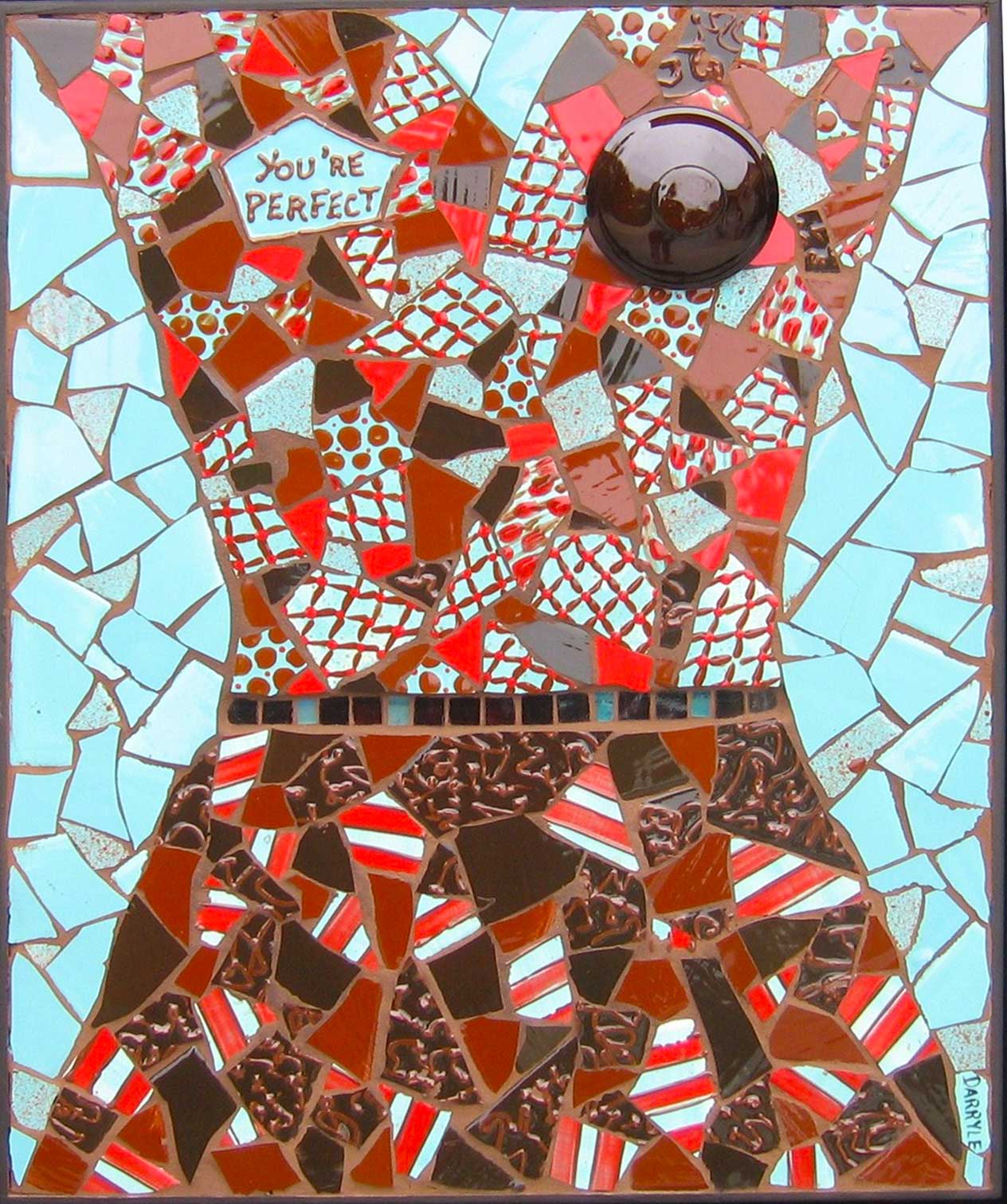 In a word, yes. That’s the point made by a New York Times post I just read —about one of the most significant lessons I ever learned as a parent.
In a word, yes. That’s the point made by a New York Times post I just read —about one of the most significant lessons I ever learned as a parent.
The post summarizes an article about to be published in the Atlantic, which I haven’t read yet. A therapist who sees young adults is puzzled to discover their experiences contradict what she was taught—to see dysfunctional parents as the cause of many adult problems. Instead, her patients had loving parents—but as adults, find themselves unable to cope with life’s challenges:
She theorizes that today’s parents are making themselves miserable trying to make their children happy. And, ironically, their children are less than content as a result. We would be doing them more good by allowing them to be UN-happy a little more often.
Though you can’t blame parents for anything everything, it seems that loving, over- involved parents can play an inadvertent role in creating issues their child will confront as adults. And her recommendation is that parents allow their children to suffer.
According to Harvard psychologist Dan Kindlon, kids need to build up psychological immunity:
Kids… need exposure to discomfort, failure and struggle. I know parents who call up the school to complain if their kid doesn’t get to be in the school play or make the cut for the baseball team. … By the time they’re teenagers, they have no experience with hardship. Civilization is about adapting to less than perfect situations, yet parents often have this instantaneous reaction to unpleasantness, which is ‘I can fix this.’”
It sounds counter-intuitive to what most of us, as parents, want for our children. When our children suffer, we suffer.
Even before I became a parent, I couldn’t stand watching kids cry. I remember watching my niece at age 3 sobbing as she got a haircut. I wanted to grab her out of the chair and begged my sister to forget about the damn haircut.
The haircut went on, my niece survived and so did I. And when I became a parent, I got even worse. I couldn’t stand watching my kids “suffer” in any way.
Alli would grab a toy in a store and cry for it; though I knew better, I’d buy it, just so she wouldn’t cry, knowing she’d probably never look at it again once we took it home. I drove myself (and her teachers) crazy trying to micro-manage her pre-school problems socializing with other kids.
And then I got lucky. The director of her pre-school held parenting groups in her home for moms. I remember her wise counsel in ordering telling me in the strongest possible terms that I needed to allow my kids to “suffer”—that was the only way they would learn and grow.
Oy. Try telling that to an over-protective Jewish mother.
The end result? My children still think I’m an over-protective Jewish mother. And okay—in many ways, I’m still a marshmallow; so I hesitate to call it “tough love.” But I did adapt my parenting style. I managed to toughen my heart—which toughened my kids. Despite my deepest instincts to protect them, I allowed them to fight their own battles, to endure the emotional hurts of childhood, to suffer.
This is admittedly a fine line to walk—and we all need to find our own balance. I did what I thought could help them adapt, and tried to comfort myself that these were experiences of growth that would help their development.
None of us can truly know—or feel completely responsible for how our children’s lives will turn out—no matter what we do. Still, I truly believe letting them “suffer” is one of the most valuable gifts I gave my kids—which I see reflected in the people they are today.
Partly that’s because I believe our most useful trait as humans is the ability to adapt. Since life pretty much guarantees they will need to use this ability, allowing them to adapt to life—both good and bad—is one of the best things we can do for them.





Valuable insights!
SO true. . .and SO hard to follow! (And I wasn’t even an “Jewish mother!”) Nice blog today.
I agree. I know that would surprise many because I admit, I tend to come across as a mama bear at times, but you’re right that we have to walk a balance here.
Valuable—and very hard-won. Thanks!
Thanks so much. It is so true and so hard to follow, even when the kids are grown and we know better. I still find myself starting to intervene to help sometimes, and it’s my kids who tell me to back off. (politely, of course) .
I’m sure my attitude would also surprise many because I’m the quintessential mama bear, too—I think at heart we’re all mama bears—and have deeply rooted maternal instincts to protect our cubs. That’s why it’s so hard to let them walk the hard road and walk a balance ourselves—but so good for our kids. THanks so much April, for sharing.